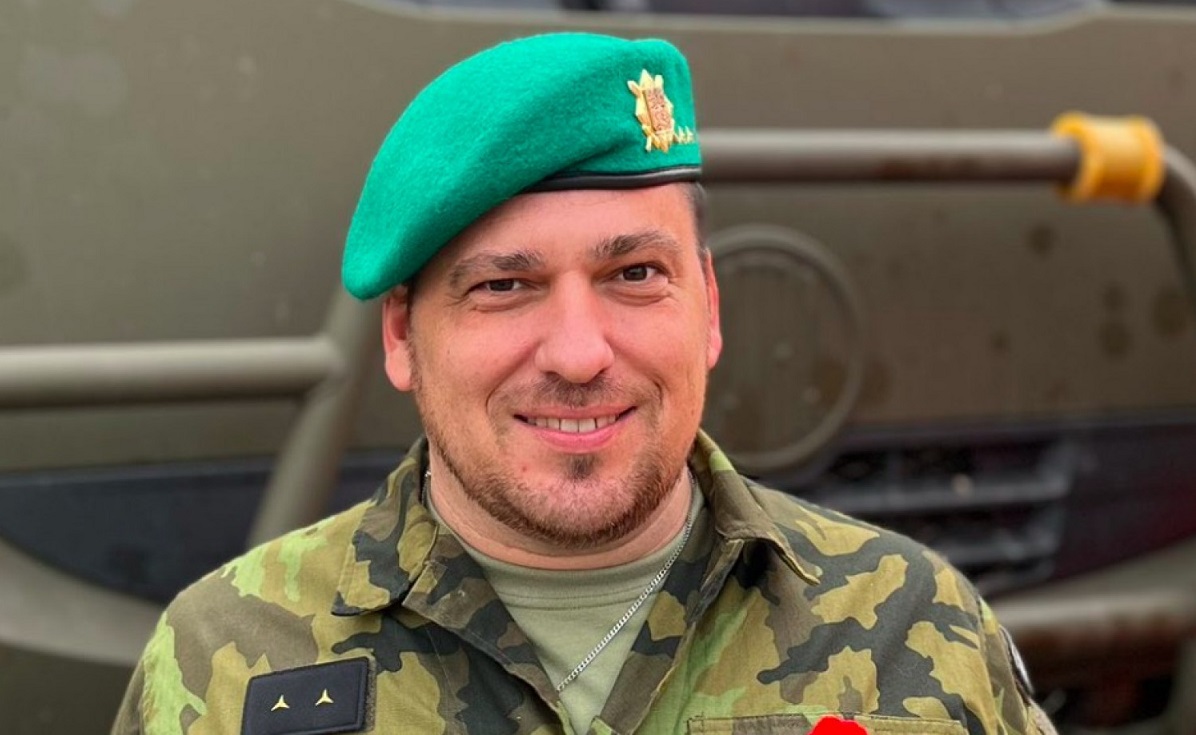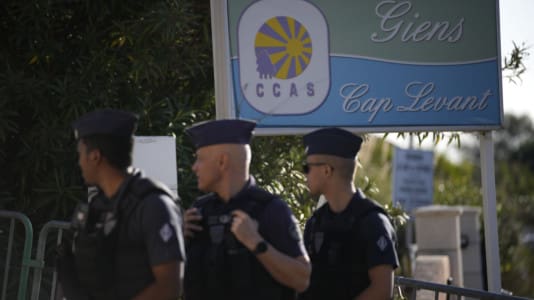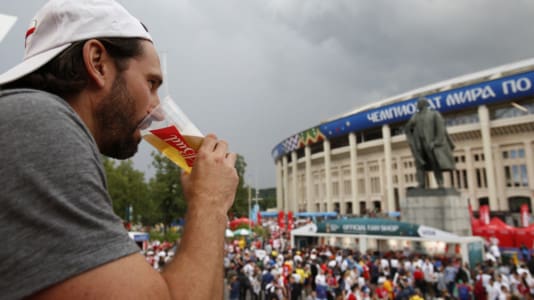Due to the migrant crisis at the Czech-Slovak border, a Czech MEP in Brussels was ordered to take part in border protection duties as a part of the army’s active reserves, giving him a firsthand glimpse of the situation facing police officers and soldiers.
Since returning from duty, Czech MEP Tomáš Zdechovský of the Christian Democrats (KDU-ČSL) has shared his experience with reporters, telling Czech news outlet Echo24 that he was deployed after a week of intense firearm training.
Due to the influx of illegal migrants, Czech police and soldiers have been guarding the Czech-Slovak border together for several months.
Zdechovský described Afghans posing as Syrians along with a range of other experiences that he says opened his eyes to the crisis facing Europe.
[pp id=46412]
“The patrols were mixed. It was always a policeman and a soldier, and together we controlled a predetermined section of the border. We detained people who were posing as Syrians. Their identities are yet to be verified, but from the initial interviews, it appeared that some of them were not from Syria at all and that they might be from Afghanistan, for example. Ukrainian citizens who had them in their cars were also checked there,” he said.
He described the role of people smugglers as well, who often used aggressive tactics to try and evade arrest.
“We dealt with smuggling very often. For example, one night, officers experienced someone trying to run past their car,” the MEP said, adding that other times, suspicious cars would circle around, with people inside marking on a map where the police patrols were.
The patrols identified dozens of people during each shift. They asked them where they were going or where they were coming from. However, according to Zdechovský, the activity was primarily preventive.
“You try to explain to people that we are there for their protection, which most people understood. I didn’t notice a single negative response.” According to him, most migrants are trying to get to Germany or the Netherlands. That is also why other countries should join the controls, especially at the external borders of the EU.
Dozens of police officers from the Czech Republic have been deployed on the Hungarian-Serbian border for a long time.
“We must secure the external border of the Schengen Area, from Greece to Hungary and Slovakia, and we must cooperate,” he said. “We keep berating Frontex, especially in the European Parliament, but it simply can’t save us with its few hundred employees. Before someone starts criticizing the work of Frontex, they should try working on the border and talking to those people. Frontex does really important work. However, guarding that border is sometimes difficult, and there are many ways to cross it.”
Serbia, which is not yet a member of the EU but is on the waiting list, should also participate in more checks of migrants on trains, according to Zdechovský.
The MEP, who is a member of the budget control committee in the European Parliament, says there is money in the EU to strengthen Frontex, but there is not yet the political will. The agency itself also confirmed this in a statement, noting to Echo24 that Hungary has not yet asked Frontex for support.
“In terms of our support to Hungary, we have no ongoing operational activities. All Frontex operations are planned together with national authorities who ask us for support depending on their needs. We can send experts, technical equipment (patrol cars, heartbeat detectors, cameras, etc.), ships, or planes. We currently have more than 700 police officers, 260 vehicles, 300 thermal imaging cameras, and other equipment on the eastern border. If the national authorities ask us to do so, we will adjust our support,” a press officer for Frontex, Katarzyna Volkmann, told Echo24.





